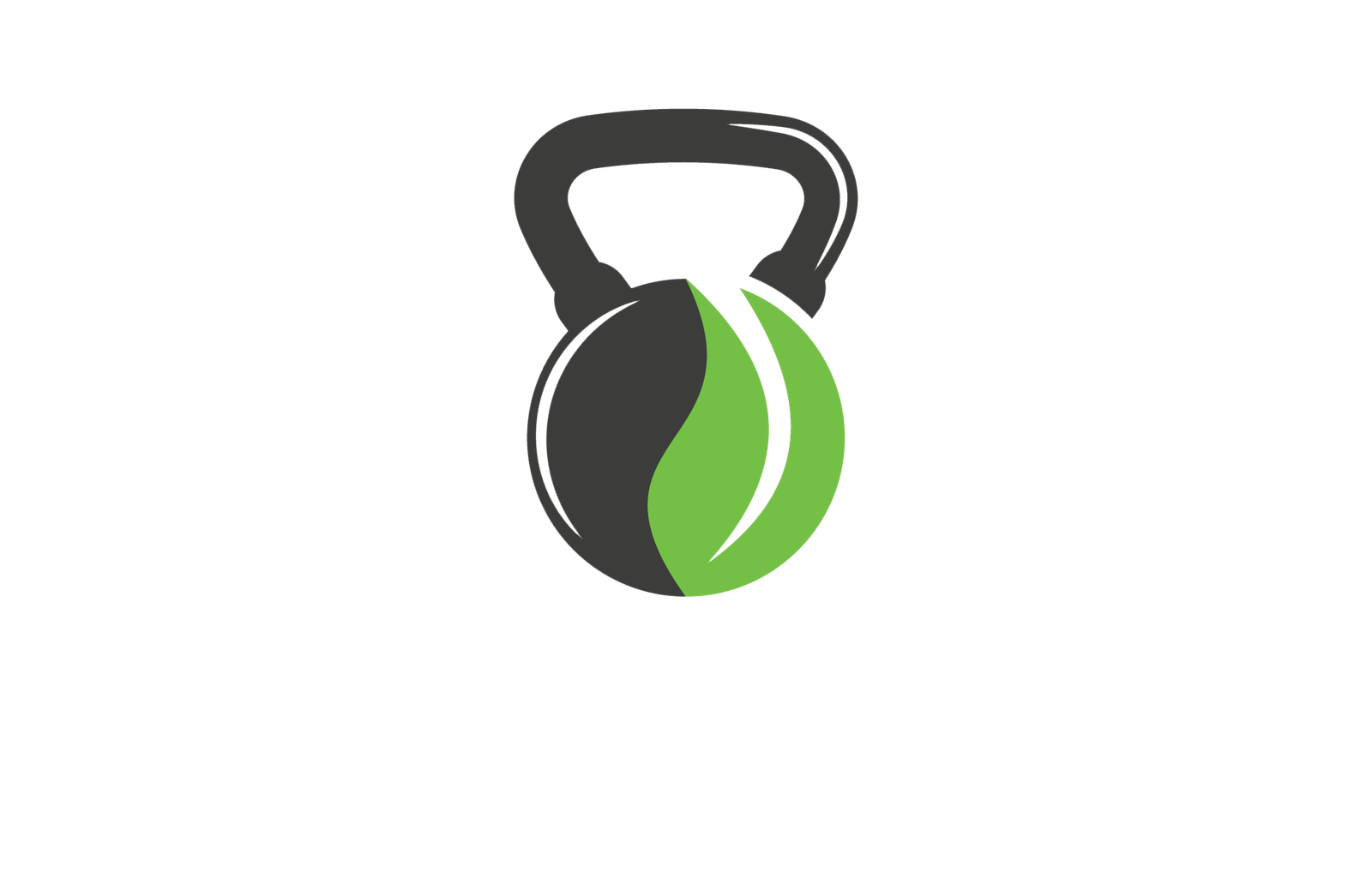Don't miss our holiday offer - 20% OFF!

Avoiding Overtraining: Tips and Strategies
Discover the subtle signs of overtraining and learn how to strike a balance between progress and recovery to achieve optimal fitness.
We've all been there – pushing ourselves too hard, ignoring the aching muscles and fatigue, only to realize that we've crossed the fine line between progress and burnout. To avoid overtraining, we need to listen to our bodies, recognizing early warnings of fatigue, pain, or stress. We must establish a balanced routine, incorporating rest days and prioritizing variety in our workouts. Monitoring our progress, fueling our bodies properly, and incorporating rest days can help us stay focused and motivated. By following these strategies, we'll be on our way to achieving our fitness goals – and there's more to discover on this journey to peak performance.
Key Takeaways
- Recognize body awareness to catch early warnings of fatigue, pain, or stress and adjust training intensity and volume accordingly.
- Establish a balanced routine with variety in workouts, rest days, and time blocking to avoid plateaus and maintain momentum.
- Monitor progress regularly to identify patterns, make adjustments, and stay motivated and focused on fitness goals.
- Incorporate rest days to allow bodies to recover and rebuild, reducing muscle soreness and the risk of injury.
- Fuel the body properly with a well-balanced diet, hydration, and replenishment after workouts to power workouts and aid in recovery.
Listen to Your Body
We often push ourselves too hard, ignoring the subtle signals our bodies send us, until we're sidelined by injury or exhaustion. Recognizing the importance of body awareness in avoiding overtraining is crucial. By tuning into our physical sensations and emotions, we can catch early warnings of fatigue, pain, or stress. Mindful meditation is an excellent tool to cultivate this awareness. Regular practice helps us develop a deeper understanding of our bodily sensations, allowing us to respond to them more effectively. When we're more attuned to our bodies, we're better equipped to recognize the signs of overtraining, such as muscle soreness, fatigue, or decreased performance. By listening to our bodies, we can adjust our training intensity and volume accordingly, preventing burnout and reducing the risk of injury. By doing so, we can optimize our performance, maintain our physical and mental well-being, and achieve our fitness goals sustainably.
Establish a Balanced Routine
By prioritizing variety in our workout routines and incorporating rest days, we can avoid plateaus and maintain momentum. This balanced approach allows us to make consistent progress without burning out. To establish a balanced routine, we need to set priorities and allocate our time effectively. Time blocking is a great technique to schedule our workouts, rest days, and other activities. By dedicating specific time slots to each activity, we can guarantee that we're not overcommitting ourselves. Priority setting is also vital in avoiding overtraining. We should identify our goals and allocate our energy accordingly. For instance, if we're training for a marathon, we should prioritize our running sessions and allocate more time for recovery. By doing so, we can avoid spreading ourselves too thin and risking burnout. A balanced routine helps us stay focused, motivated, and injury-free. By incorporating variety, prioritizing our goals, and allocating our time wisely, we can maintain a consistent and sustainable fitness journey.
Monitor Your Progress
Tracking our progress regularly helps us identify patterns, make adjustments, and stay motivated. By monitoring our progress, we can see what's working and what's not, allowing us to make informed decisions about our training. One effective way to do this is through data tracking. We can use apps, spreadsheets, or even a simple notebook to log our workouts, including details like exercise, weight, reps, and rest time. This data tracking helps us identify trends, such as increases in strength or endurance, and areas that need improvement.
Another valuable tool is keeping a progress journal. This can be a dedicated notebook or digital document where we record our thoughts, feelings, and observations after each workout. By reflecting on our experiences, we can gain valuable insights into what works best for our bodies and minds. We can also use our journals to set goals, track our progress towards them, and celebrate our achievements. By regularly monitoring our progress, we can stay focused, motivated, and on track to achieving our fitness goals.
Incorporate Rest Days
Incorporating rest days into our training regimen is essential for allowing our bodies to recover and rebuild, ultimately making us stronger and more resilient. We've all been there – pushing ourselves to the limit, day in and day out, without giving our bodies a break. But ignoring rest days can lead to burnout, fatigue, and even injury.
Here are some key benefits of incorporating rest days:
| Benefits | Description |
|---|---|
| Recovery | Allows our bodies to repair and rebuild muscles |
| Improved Performance | Boosts energy levels and enhances overall performance |
| Reduced Injury Risk | Gives our bodies a break, reducing the risk of injury |
Fuel Your Body Properly
We need to fuel our bodies with the right nutrients to support our fitness goals and avoid overtraining. A well-balanced diet provides the necessary energy to power our workouts and aids in recovery. It's essential to focus on macronutrient balance, ensuring we're consuming the right amounts of carbohydrates, protein, and healthy fats.
- Eat frequent, balanced meals: Aim for three main meals and two to three snacks in between, including a balance of protein, complex carbohydrates, and healthy fats.
- Stay hydrated: Implement effective hydration strategies, such as drinking at least eight glasses of water per day and consuming electrolyte-rich foods like bananas and avocados.
- Replenish after workouts: Within 30-60 minutes after exercise, refuel with a mix of carbohydrates and protein to aid in recovery and muscle repair.
Frequently Asked Questions
How Do I Distinguish Between Fatigue and Overtraining?
"We distinguish between fatigue and overtraining by recognizing Mental Clues like irritability and lack of motivation, and Physiological Signs like elevated heart rate and muscle soreness, helping us adjust our training accordingly."
Can I Still Make Progress if I Take More Rest Days?
"We're not lazy, we're just prioritizing active recovery! Yes, we can still make progress with more rest days. By incorporating mindful scheduling, we can balance our workouts and allow our bodies to adapt and grow."
Will I Lose Fitness Gains if I Take a Week Off?
"We're worried we'll lose our hard-earned fitness gains if we take a week off, but research shows that Detraining Effects are minimal, and we might even break through Fitness Plateaus by giving our bodies a chance to recover."
Are There Any Supplements That Can Prevent Overtraining?
"We know what you're thinking: 'Do supplements really work?' Yes, they can! We swear by adaptogens like ashwagandha and rhodiola to mitigate stress, while recovery boosters like protein and creatine help us bounce back from intense workouts."
Can Overtraining Cause Long-Term Health Problems?
It is evident that overtraining can have serious long-term health consequences, including chronic inflammation and hormonal imbalance, which can lead to issues like adrenal fatigue, thyroid problems, and even increased risk of chronic diseases like diabetes and heart disease.
Conclusion
As we push ourselves to be our best, it's easy to get caught up in the hustle and grind. But let's not forget to take a step back and listen to our bodies whispering 'slow down.' Avoiding overtraining is essential to achieving our fitness goals. By heeding these tips, we can sidestep the pitfalls of exhaustion and injury, and instead, rise to new heights like a phoenix from the ashes, stronger and more resilient than ever.



